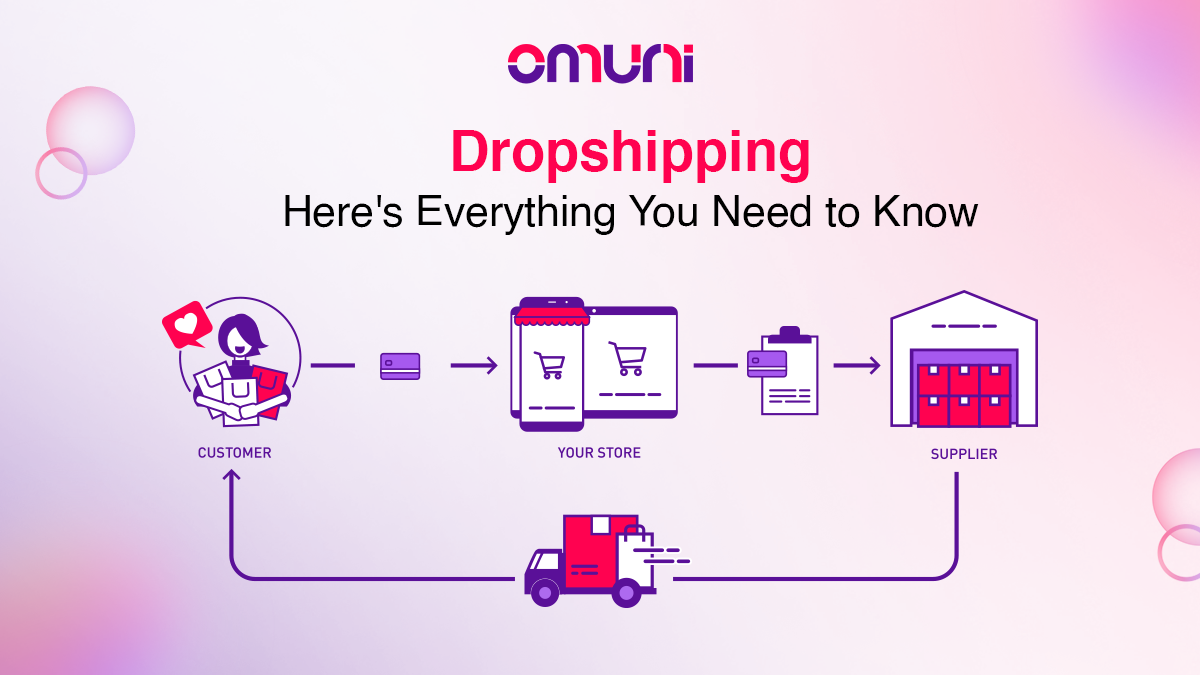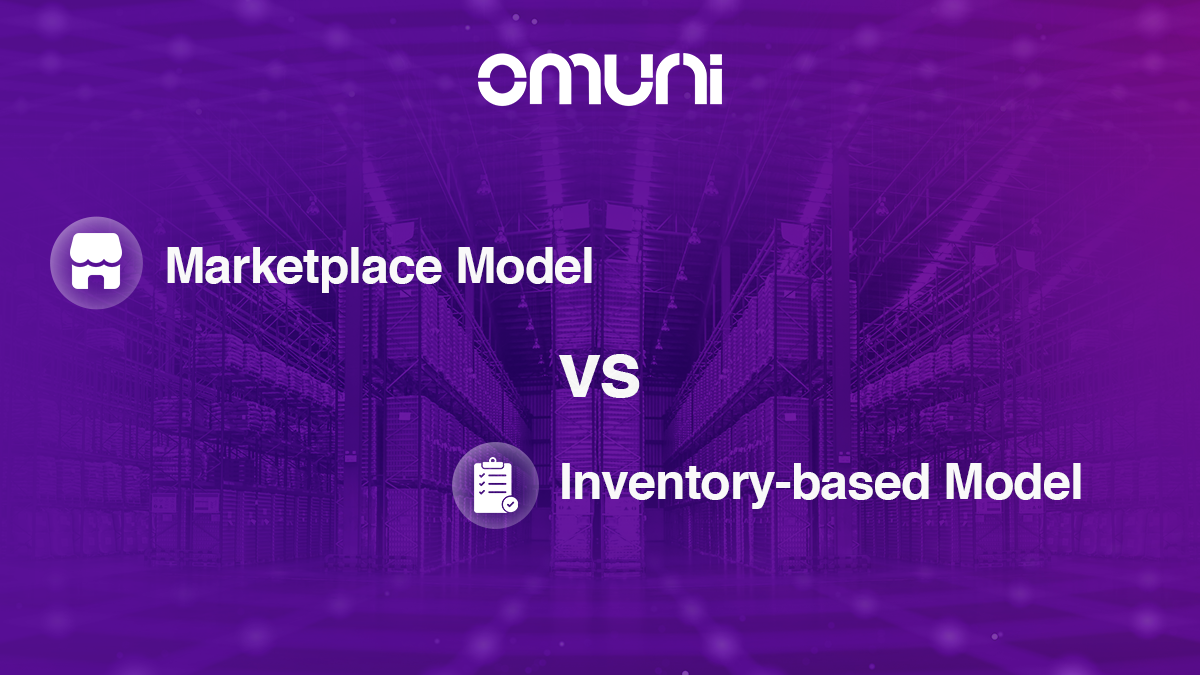What are Retail Stores and Their Types
When comparing the current retail scenario to that of the 1980s, you will notice a dramatic shift in the types of stores and how they operate today. Customers today have many options to buy products from, and retailers know that the only way to stay competitive and make money is to give customers a great experience.
Because people have different tastes and preferences, there are many different types and formats of stores today. Each of them differs from another because of the products and audiences to which they cater. In this article, we will discuss everything about retail stores and their types.
What is a Retail Store?
The word ‘retail’ means selling the product directly to the end consumer, i.e., the person who uses or consumes the product. A retail store is a place where retailing happens. Retail stores are essential to our lives as they provide us access to everything we need, like food, clothing, household items, electronics, etc.
How Does Retail Work?
Manufacturers constitute the first step in the retail mechanism, as they create goods from raw materials and tools. Manufacturers sell the finished goods to wholesalers. Wholesalers are stockists; they stock a large number of goods and sell them to retailers at low prices. Retailers can buy their goods from wholesalers or directly from manufacturers. Retailers then resell these items to end users at marked-up prices.
When compared to wholesalers, retailers face fundamentally different challenges. Retailers, unlike wholesalers, worry about marketing their products. If a product isn’t appealing to the end user, the retailer can sell it and make a profit. Apart from this, retailers also need to consider the price of their products. If a product is available at some other store for a lower price, then the retailer won’t be able to sell it.
Uses of Retail Stores
The primary purpose of a retail store is to provide convenience for people to buy products they need every day. Retail stores provide a physical space for customers to browse, touch, and try on products before purchasing. They sell clothes, food, electronics, household items, etc., while offering repairs and alterations.
Another use of retail stores is that they provide employment for many people. There are many employees required to run a retail store, like sales staff, store managers, customer service representatives, etc. These jobs allow people to support their families while providing valuable work experience and opportunities for advancement.
Finally, retail stores contribute to a community’s economic growth. Customers come from within and outside the community, generating sales and tax revenue. By buying goods from local suppliers and manufacturers, they also help the local economy.
Types of Retail Stores

There are many different types of retail stores.
Department Stores
From clothing to electronics to home goods, department stores sell a variety of goods. The department stores are often located in shopping malls, and they carry a high-end feel. Examples of department stores include Big Bazaar, Lifestyle, Shopper Stop, etc.
Supermarkets
Supermarkets are establishments that sell primarily groceries and household goods. They are frequently found in urban areas and provide a wide selection of goods, such as groceries, meat, dairy, and baked items. Examples of supermarkets include D-Mart, More, Walmart, etc.
Convenience Stores
Convenience stores are usually open 24 hours, seven days a week, and sell very few products, such as snacks, drinks, ready-to-eat meals, etc. Examples of convenience stores include Seven-Eleven, 24-Seven, Spencers, etc.
Speciality Stores
Speciality stores are the ones that keep only one type of product, such as toys, pet supplies, video games, etc. These stores have a more specialised product selection than department stores or supermarkets. Examples include GameStop, Apollo Pharmacy, Music World, etc.
Discount Stores
Discount stores sell products at lower prices than traditional retail stores. They sell various products, like clothes, electronics, household items, etc. Examples include Walmart, Target, etc.
Online Stores
Online or e-commerce stores are the ones that sell goods and services over the Internet. They provide the convenience of shopping from home and generally have a larger selection of products than physical stores. Amazon, eBay, Flipkart, etc., are examples of online stores.
Conclusion
Retail stores play an important part in today’s society because they enable customers to purchase products they need in their daily lives and also generate employment. Today, there are many types of retail stores, each of which fulfils a particular function and focuses on a particular category of products and services.
Frequently Asked Questions (FAQs)
Retail stores are a direct form of business between a customer and retailer. Retail stores provide many advantages to both customers and retailers:
Great business opportunities
Great supply options
Few complexities
Less shipping problems
In retail, the most important factor is customers. For retailers, the customer is king.
The 7 Rs of retailing are:
Right products
Right time
Right place
Right price
Right promotion
Right staff
Right service



